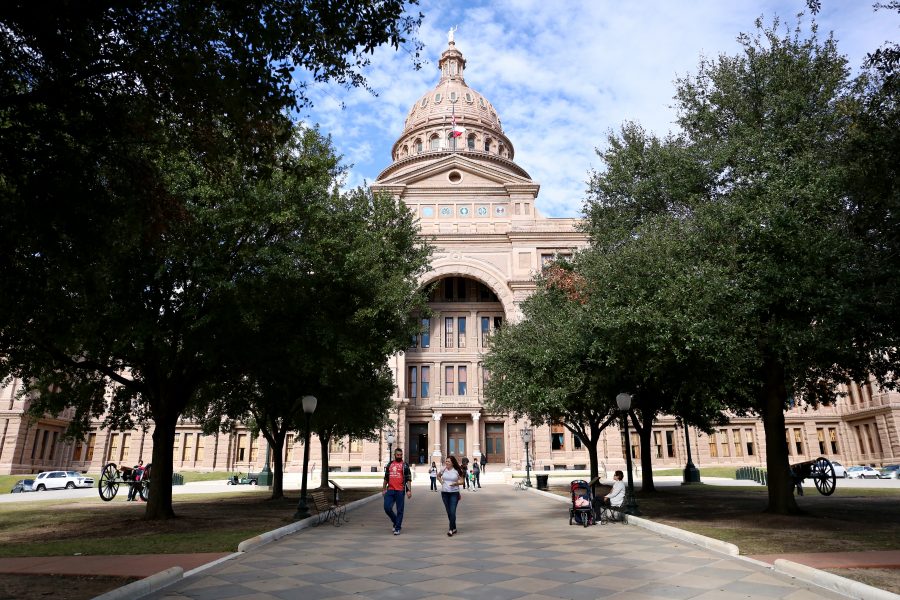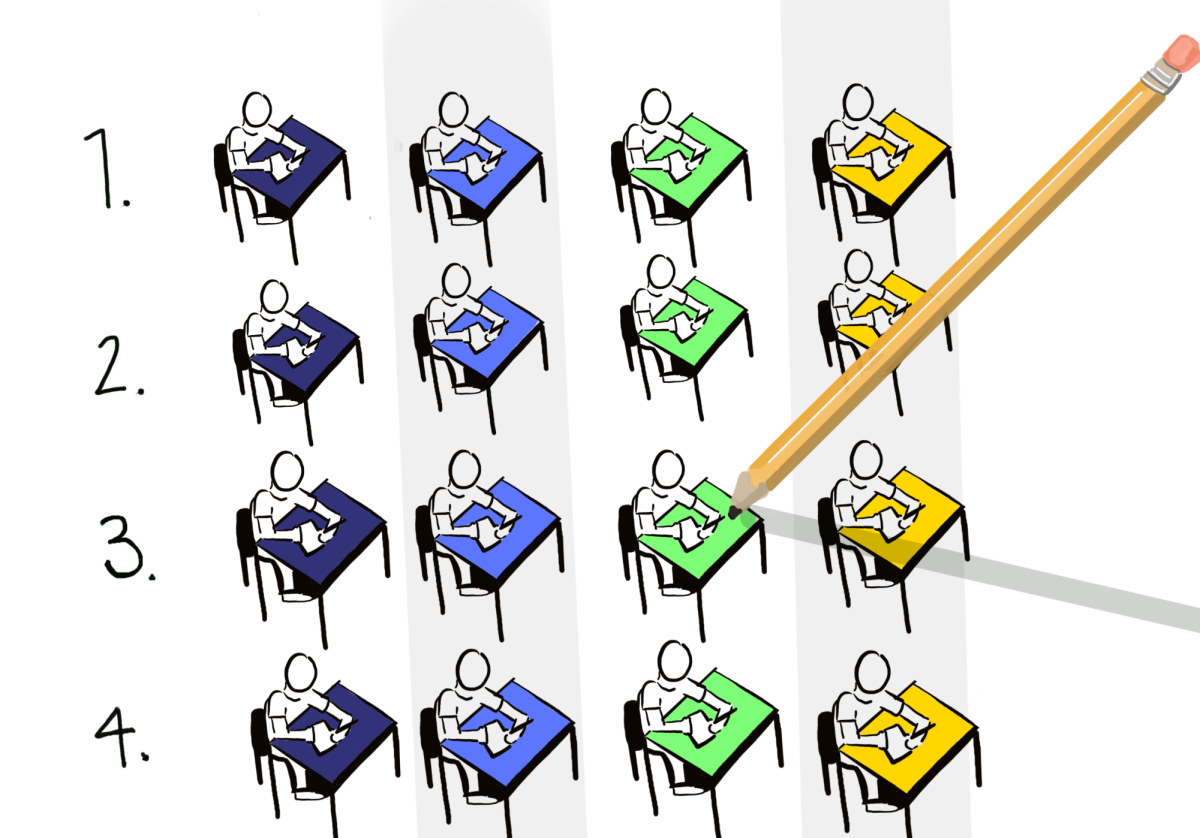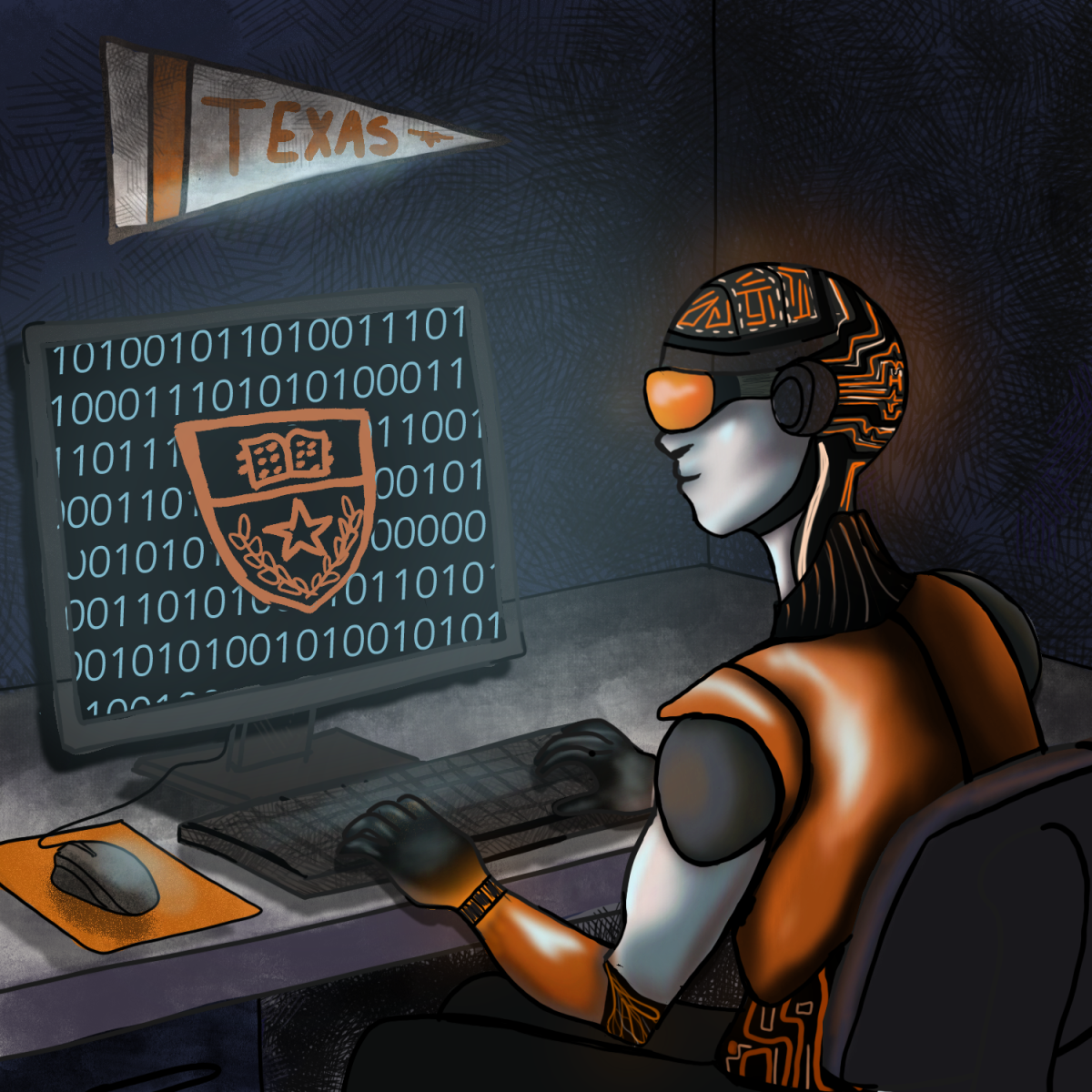Schools shaming students whose parents can’t afford lunch has always been a problem, but lately it’s showed up in political conversations, even in Texas. The state has gone so far as to attempt to adopt legislation against the outrageous practice of humiliating children in front of their classmates. But lunch shaming is indicative of a larger problem in public education: the discrepancy in education between socioeconomic classes.
When a child’s parents can’t pay a school lunch bill and the balance runs to zero, the child bears the burden of the unpaid bill, with administrators using children as leverage to get parents to pay the balance. They stamp in large letters on the children’s arms marking, that they can’t pay for their food in an attempt to force the parents’ hand at paying the unpaid bill. Shaming can also take the form of forcing children to clean cafeteria tables to repay their parents’ debt. Some schools will even, after preparing a hot plate with food for the child, throw it out in front of their peers when they find they can’t afford the cost.
These extreme incidents are not a unique occurrence, but a widespread practice. A 2014 report from the Department of Agriculture found that 45 percent of school districts withheld hot meals from children and gave them cold ones instead, and 3 percent denied food entirely. Children shouldn’t be shamed for their socioeconomic status in front of their classmates and refused food, one of the base necessities of life. Bills against the practice aim to prevent schools from humiliating children — but they still don’t address the underlying issue.
There is a great disparity in education between socioeconomic classes in the US. Thirteen million children in the US live in households that lack the means to provide nutritious food on a regular basis, meaning they experience hunger at some point during the year. Lunch shaming only worsens that experience.
Even Texas’ attempts to emulate New Mexico and New York’s lunch shaming bills ultimately fell short and did nothing to combat the socioeconomic biases prevalent in public education. Rep. Helen Giddings, D-DeSoto, authored HB 2159 and an amendment to SB 1566, which only attacked lunch shaming by instilling a two-week grace period for students with no money on their meal accounts to still receive a school lunch.
The fact that Texas couldn’t even get a bill to address what should be a universally uncontroversial issue — feeding children no matter their socioeconomic class— to pass in the legislative session shows how truly economically biased our education system is. Lunch shaming is an issue in our country that only highlights the growing issue of the class divide of education. It shouldn’t be the focus of our bills, but rather something that can be alleviated by fixing the larger problems in our education system.
Berdainer is a philosphy junior from Boulder, Colorodo. She is a senior columnist. Follow her on Twitter @eberdanier.





















